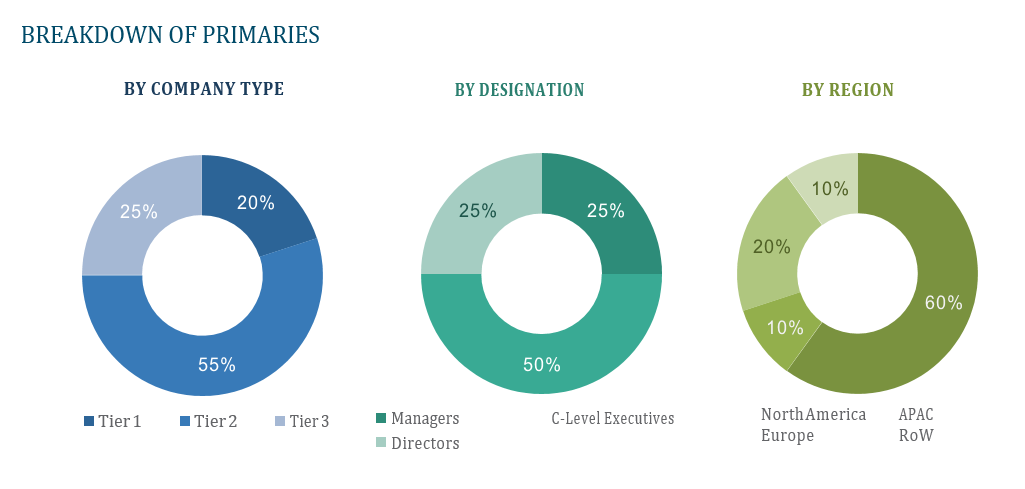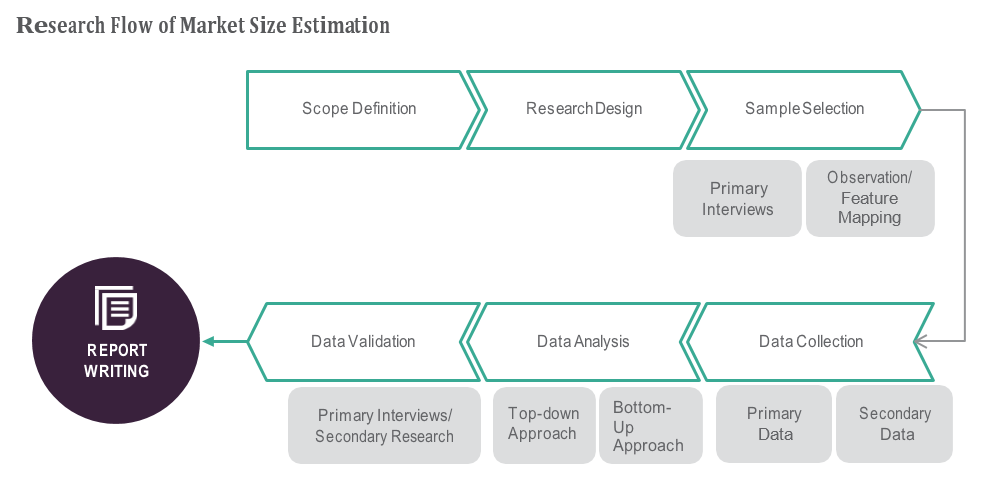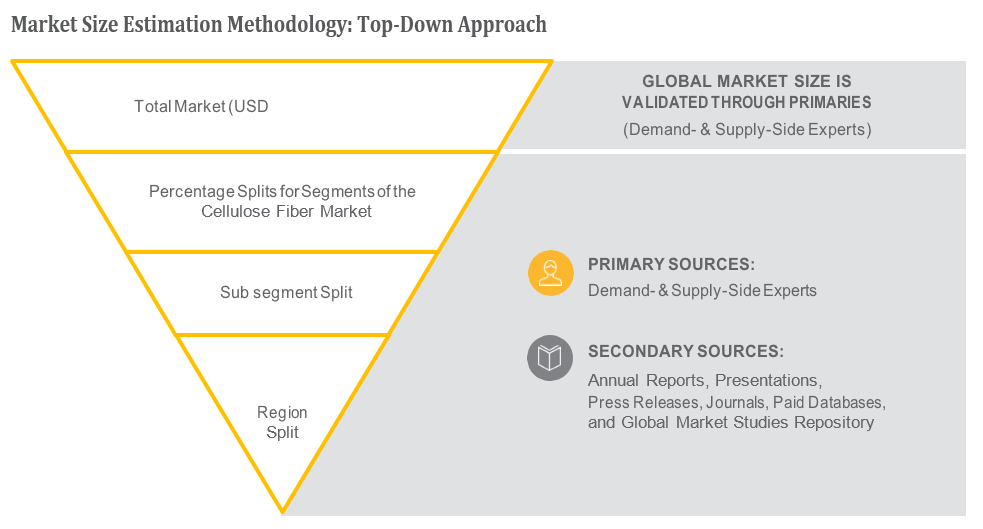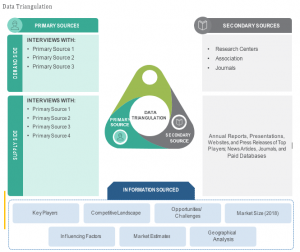OVERVIEW
The Monoclonal Antibody Therapeutics Market / mABs Therapeutics Market is currently valued at USD 252.6 billion in 2024 and will be growing at a CAGR of 14.5% over the forecast period to reach an estimated USD 497.5 billion in revenue in 2029. The monoclonal antibody therapeutics market, often abbreviated as mAb therapeutics, represents a rapidly expanding sector within the pharmaceutical industry. Monoclonal antibodies are laboratory-produced molecules engineered to mimic the immune system’s ability to fight off harmful pathogens such as viruses or cancer cells. These therapeutics have gained prominence due to their high specificity and efficacy in targeting particular molecules or cells implicated in various diseases. In recent years, the mAb therapeutics market has witnessed significant growth, driven by advancements in biotechnology, increased understanding of disease mechanisms, and a growing demand for personalized medicine. These therapies have demonstrated remarkable success in treating a wide range of conditions, including cancer, autoimmune disorders, infectious diseases, and inflammatory conditions.
Advancements in biotechnology and molecular engineering techniques have enabled the development of highly specific and effective monoclonal antibodies for targeting a wide range of diseases. Additionally, the increasing prevalence of chronic and complex diseases, such as cancer, autoimmune disorders, and infectious diseases, has spurred demand for innovative treatment options, driving investment and research in monoclonal antibody therapies. Furthermore, the growing trend towards personalized medicine, coupled with the ability of monoclonal antibodies to target specific molecular pathways, has fueled their adoption as a preferred choice for many patients and healthcare providers. Moreover, favorable regulatory pathways and expedited approval processes for biologics, including monoclonal antibodies, have facilitated market entry and commercialization, further driving market growth. Additionally, collaborations between pharmaceutical companies, academic institutions, and research organizations continue to foster innovation and expand the therapeutic applications of monoclonal antibodies, contributing to the market’s upward trajectory.
Table of Content
Market Dynamics
Drivers:
Advancements in biotechnology and molecular engineering techniques have enabled the development of highly specific and effective monoclonal antibodies for targeting a wide range of diseases. Additionally, the increasing prevalence of chronic and complex diseases, such as cancer, autoimmune disorders, and infectious diseases, has spurred demand for innovative treatment options, driving investment and research in monoclonal antibody therapies. Furthermore, the growing trend towards personalized medicine, coupled with the ability of monoclonal antibodies to target specific molecular pathways, has fueled their adoption as a preferred choice for many patients and healthcare providers. Moreover, favorable regulatory pathways and expedited approval processes for biologics, including monoclonal antibodies, have facilitated market entry and commercialization, further driving market growth. Additionally, collaborations between pharmaceutical companies, academic institutions, and research organizations continue to foster innovation and expand the therapeutic applications of monoclonal antibodies, contributing to the market’s upward trajectory.
Key Offerings:
The monoclonal antibody therapeutics market offers a diverse array of key offerings that cater to the needs of patients, healthcare providers, and pharmaceutical companies alike. At its core, monoclonal antibody therapies provide highly targeted and specific treatments for a wide spectrum of diseases, including cancer, autoimmune disorders, infectious diseases, and inflammatory conditions. These therapies offer the promise of improved efficacy and safety compared to traditional treatments, with fewer side effects and enhanced patient outcomes. Additionally, monoclonal antibody drugs often provide convenient administration options, including intravenous infusion, subcutaneous injection, and even oral formulations in some cases, enhancing patient convenience and compliance. Furthermore, the market encompasses a broad portfolio of monoclonal antibody products with varying mechanisms of action, allowing healthcare providers to tailor treatment regimens to individual patient needs. Moreover, advancements in antibody engineering and biotechnology continue to drive innovation in the field, leading to the development of next-generation monoclonal antibodies with improved therapeutic profiles and novel mechanisms of action.
Restraints :
Despite its rapid growth and promising outlook, the monoclonal antibody therapeutics market faces several notable restraints. One significant challenge is the high cost associated with developing and manufacturing monoclonal antibody drugs, which can limit patient access to these treatments, particularly in resource-limited settings or for conditions that require long-term therapy. Additionally, the complexity of monoclonal antibody production processes, including cell culture techniques and purification methods, can lead to manufacturing challenges and supply chain disruptions, impacting drug availability and affordability. Furthermore, patent expirations and the emergence of biosimilar competitors pose threats to market exclusivity and revenue streams for originator companies, potentially leading to pricing pressures and market saturation. Moreover, regulatory hurdles, including stringent requirements for clinical trial design and approval, can prolong the development timeline and increase development costs for monoclonal antibody therapies, impeding market entry for new products. Finally, the potential for immunogenicity and infusion-related reactions associated with monoclonal antibody treatments underscores the importance of stringent safety monitoring and management strategies, which can further add to the overall cost and complexity of therapy.
Regional Information:
• In North America, comprising the United States and Canada, the market enjoys robust growth fueled by a strong emphasis on biotechnology innovation, favorable regulatory pathways, and a high prevalence of chronic diseases such as cancer and autoimmune disorders. The region boasts a significant presence of pharmaceutical companies and research institutions engaged in monoclonal antibody research and development, contributing to a rich pipeline of novel therapies.
• Europe, including countries like Germany, the United Kingdom, and France, represents another key market hub characterized by a supportive regulatory environment, well-established healthcare systems, and a growing demand for personalized medicine.
• The Asia-Pacific region, led by countries like China, Japan, and India, presents immense growth opportunities driven by a burgeoning population, increasing healthcare expenditure, and a rising burden of chronic diseases. However, challenges such as market access barriers, pricing pressures, and regulatory complexities may hinder market growth in certain regions
Recent Developments:
• In January 2024, UCB Inc., received U.S. FDA approval for RYSTIGGO (rozanolixizumab-noli) or the treatment of generalized myasthenia gravis (gMG) in adult patients who are anti-acetylcholine receptor (AchR) or anti-muscle-specific tyrosine kinase (MuSK) antibody positive.
• In August 2023, Regeneron Pharmaceuticals, Inc. received U.S. FDA approval Veopoz (pozelimab-bbfg) for the treatment of adult and pediatric patients 1 year of age and older with CHAPLE disease, also known as CD55-deficient protein-losing enteropathy.
Key Players:
Roche Holding AG, Johnson & Johnson, AbbVie Inc., Merck & Co., Inc., Bristol Myers Squibb Company, Amgen Inc., Pfizer Inc., Novartis AG, AstraZeneca PLC, and Sanofi SA.
1) What is the projected market value of the Monoclonal Antibody Therapeutics Market / mABs Therapeutics Market?
– The Monoclonal Antibody Therapeutics Market / mABs Therapeutics Market is expected to reach an estimated value of USD 497.5 billion in revenue by 2029.
2) What is the estimated CAGR of the Monoclonal Antibody Therapeutics Market / mABs Therapeutics Market over the 2024 to 2029 forecast period?
– The CAGR is estimated to be 14.5% for the Monoclonal Antibody Therapeutics Market / mABs Therapeutics Market over the 2024 to 2029.
3) Who are the key players in the Monoclonal Antibody Therapeutics Market / mABs Therapeutics Market?
– Roche Holding AG, Johnson & Johnson, AbbVie Inc., Merck & Co., Inc., Bristol Myers Squibb Company, Amgen Inc., Pfizer Inc., Novartis AG, AstraZeneca PLC, and Sanofi SA.
4) What are the drivers for the Monoclonal Antibody Therapeutics Market / mABs Therapeutics Market?
– Advancements in biotechnology and molecular engineering have led to the development of monoclonal antibodies for targeting various diseases. The increasing prevalence of chronic and complex diseases has driven investment in monoclonal antibody therapies. The trend towards personalized medicine and favorable regulatory pathways have facilitated market entry and commercialization. Collaborations between pharmaceutical companies and academic institutions continue to drive innovation.
5) What are the restraints and challenges in the Monoclonal Antibody Therapeutics Market / mABs Therapeutics Market?
– The monoclonal antibody therapeutics market faces challenges such as high costs, complexity of production processes, patent expirations, regulatory hurdles, and potential immunogenicity. These factors limit patient access, impact drug availability and affordability, and pose threats to market exclusivity and revenue streams. Additionally, regulatory hurdles and safety monitoring are crucial to prevent market saturation and ensure the safety of monoclonal antibody treatments.
6) What are the key applications and offerings of the Monoclonal Antibody Therapeutics Market / mABs Therapeutics Market?
– The monoclonal antibody therapeutics market offers targeted treatments for various diseases, including cancer, autoimmune disorders, infectious diseases, and inflammatory conditions. These therapies promise improved efficacy, safety, and patient outcomes. They offer convenient administration options and a broad portfolio of products. Advancements in antibody engineering and biotechnology drive innovation, leading to next-generation monoclonal antibodies with improved therapeutic profiles and novel mechanisms.
7) Which region is expected to drive the market for the forecast period?
– North America is expected to have the highest market growth from 2024 to 2029
Why Choose Us?
Insights into Market Trends: Global Market Studies reports provide valuable insights into market trends, including market size, segmentation, growth drivers, and market dynamics. This information helps clients make strategic decisions, such as product development, market positioning, and marketing strategies.
Competitor Analysis: Our reports provide detailed information about competitors, including their market share, product offerings, pricing, and competitive strategies. This data can be used to inform competitive strategies and to identify opportunities for growth and expansion.
Industry Forecasts: Our reports provide industry forecasts, which will inform your business strategies, such as investment decisions, production planning, and workforce planning. These forecasts can help you to prepare for future trends and to take advantage of growth opportunities.
Access to Industry Experts: Our solutions include contributions from industry experts, including analysts, consultants, and subject matter experts. This access to expert insights can be valuable for you to understand the market.
Time and Cost Savings: Our team at Global Market Studies can save you time and reduce the cost of conducting market research by providing comprehensive and up-to-date information in a single report, avoiding the need for additional market research efforts.










